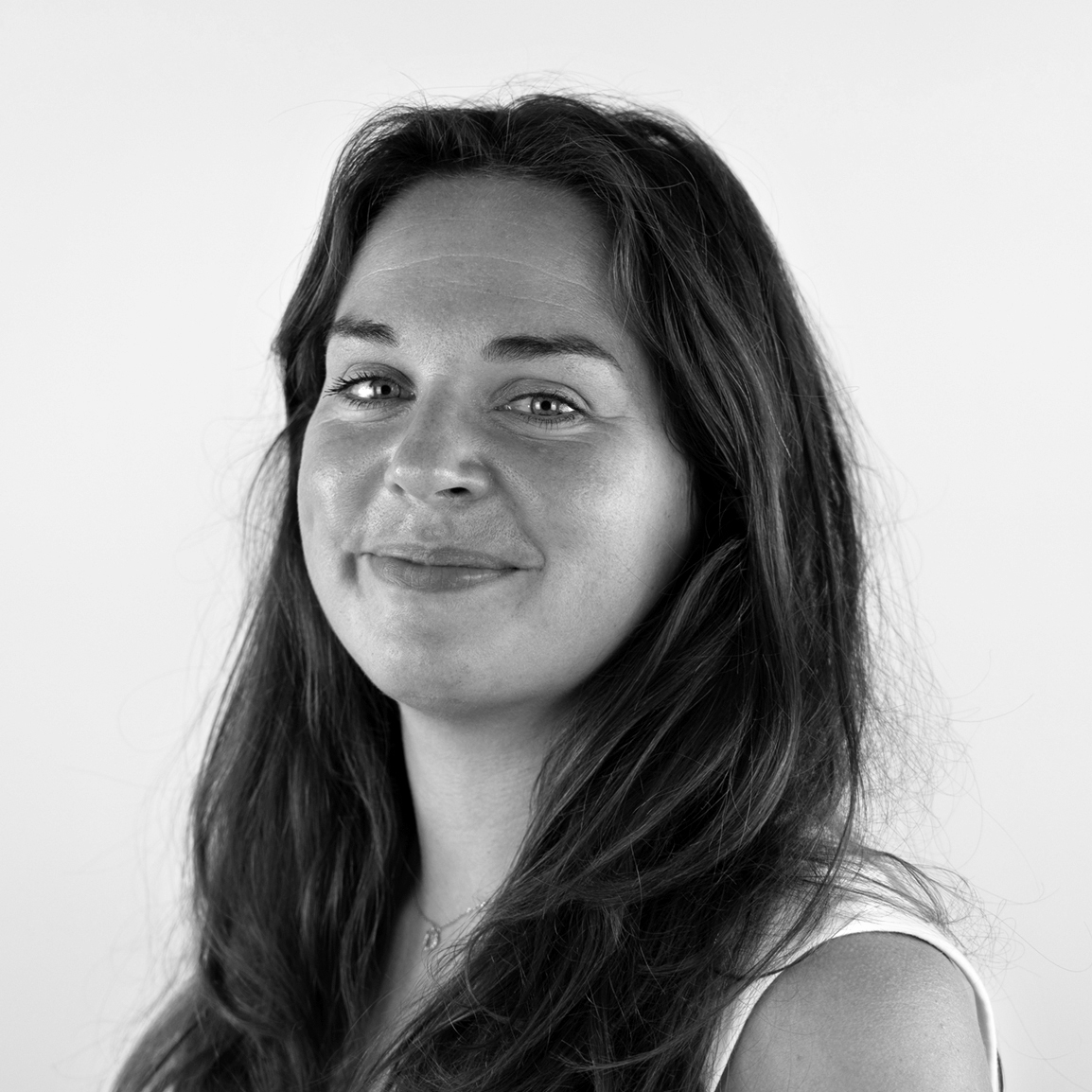Genius or Diligence?
Ability beliefs in prospective teachers
by Katharina Asbury
What are the implications of teachers believing that we can constantly improve, or assuming early in their careers that their subject requires an innate talent that cannot be learned? A study conducted by the IPN shows how such beliefs change during teacher education and what effects they have on learning.

The study focuses on fundamental beliefs about learning and development: can skills be improved through effort or are they unchangeable? Teachers' attitudes to this question are crucial as they influence both their own self-image and students' learning and development opportunities: believing that they can improve fosters a positive learning culture. In contrast, previous studies have shown that convictions of fixed weaknesses can create negative attitudes.
Mindset research examines how teachers form their beliefs about the changeability of skills and how this attitude influences students' development. The focus is less on the old “nature versus nurture” debate but rather on the impact of such beliefs on the education system. How can students be encouraged to view challenges, mistakes and difficulties as a natural part of the learning process?
As the most influential learning support, teachers have a significant impact on the learning culture and development opportunities of young people. The IPN study sheds light on how student teachers' beliefs about talent develop during their studies, what differences exist between subject areas and how these beliefs influence the education system.
Subject-specific ability beliefs of prospective teachers
But let's start at the beginning: First, we recorded the subject-specific ability beliefs of 1,192 student teachers in 21 subjects. The subjects were asked to indicate the extent to which they believe their subject requires an innate talent that cannot be learned.
The conviction that innate talent is necessary was most pronounced among mathematics students - a subject that students often find difficult anyway. For students with difficulties in math, it can be particularly discouraging if their teacher does not believe that they can improve through effort.
The study showed that these beliefs influence the motivation of prospective teachers: The stronger they believed in the necessity of innate talent, the lower their enthusiasm for the subject, their teacher-related self-concept and their pedagogical interest. More specifically, they were less likely to agree with the statement “I enjoy working with children and young people”, for example. This seems logical, as those who do not expect any progress through effort see the benefits of educational efforts as limited from the outset.
Development of ability beliefs in teacher training
In view of these results, the question arose: How do these beliefs develop? Does it perhaps depend on the subject a prospective teacher is studying?
To answer these questions, the longitudinal development of these ability beliefs was examined using a latent growth curve model. This model makes it possible to analyze both whether and how a construct changes (e.g. how steep the slope, i.e. how weak or strong the change in the characteristic is) and whether there are individual differences in the stability and change of the characteristic.
This revealed characteristic differences between the subjects: Mathematics and physics students showed the strongest conviction at the beginning of their studies that innate talent is necessary for success in their subject. Over the five years of teacher education, however, this conviction also decreased the most in both subjects. Overall, a continuous decline in beliefs about talent was observed in 20 of the 21 subjects studied over the observation period. Only in the subject of sport was the opposite trend observed: Students increasingly believed that an innate talent was necessary for their subject. The development of these ability beliefs was not related to the students' previous performance (Abitur grade) or their gender or age.
Outlook
Future research could explore the extent to which teachers with high ability beliefs consider their teaching to be critical for learning success or whether other factors outside their influence (e.g. the parental home) are more important. Another interesting question is: When do the strong ability beliefs of math students arise if they were already present when they started their studies? The decisive “on-set phase” (a term from clinical psychology) must have already taken place at this point.
Growth mindsets - the conviction that intelligence can be influenced by one's own efforts - can already be observed in young children. Particularly formative for the development of mindsets are developmentally sensitive phases of life such as the transition from primary to secondary school, which are considered critical life events. The assumption is that developmental tasks that are mastered in such phases represent a time of upheaval, which often leads to a restructuring of self-concepts - including the mindset. Studies confirm this: Adolescence, characterized by many changes, is a particularly crucial phase for mindset development.
When applied to the teaching profession, entering university or beginning a traineeship could also be considered as such critical life events in which the mindset is changed. Consequently, these phases offer potential for targeted interventions to positively influence the mindset.
Conclusion
Prospective teachers who believe that an innate talent is necessary for their subject show less enthusiasm, less pedagogical interest and a weaker teacher self-concept. However, these ability beliefs decrease over the course of the teacher training program. This indicates that teacher training can help strengthen supportive attitudes towards students' ability to learn and develop.
About the author:

Dr. Katharina Asbury studied psychology at Kiel University. After graduating in 2019, she completed her doctorate at the IPN in the Department of Educational Science and Educational Psychology in 2024 and has been a post-doc in this department ever since. Her research focuses on growth mindset and beliefs about giftedness as part of teachers' professional competence. The selected findings presented here are based on her dissertation.
Further literature:
Asbury, K., Roloff, J., Carstensen, B., Guill, K., Klusmann, U. (2023). Investigating Preservice Teachers’ Field-specific Ability Beliefs: Do They Believe Innate Talent is Essential for Success in their Subject? Teaching and Teacher Education, 136 (6323), 500 104367
Asbury, K., Carstensen, B., Klusmann, U. (under review). Changing Perspectives: Preservice Teachers’ Field-Specific Ability Beliefs Decrease During University Teacher Education. Teaching and Teacher Education.









